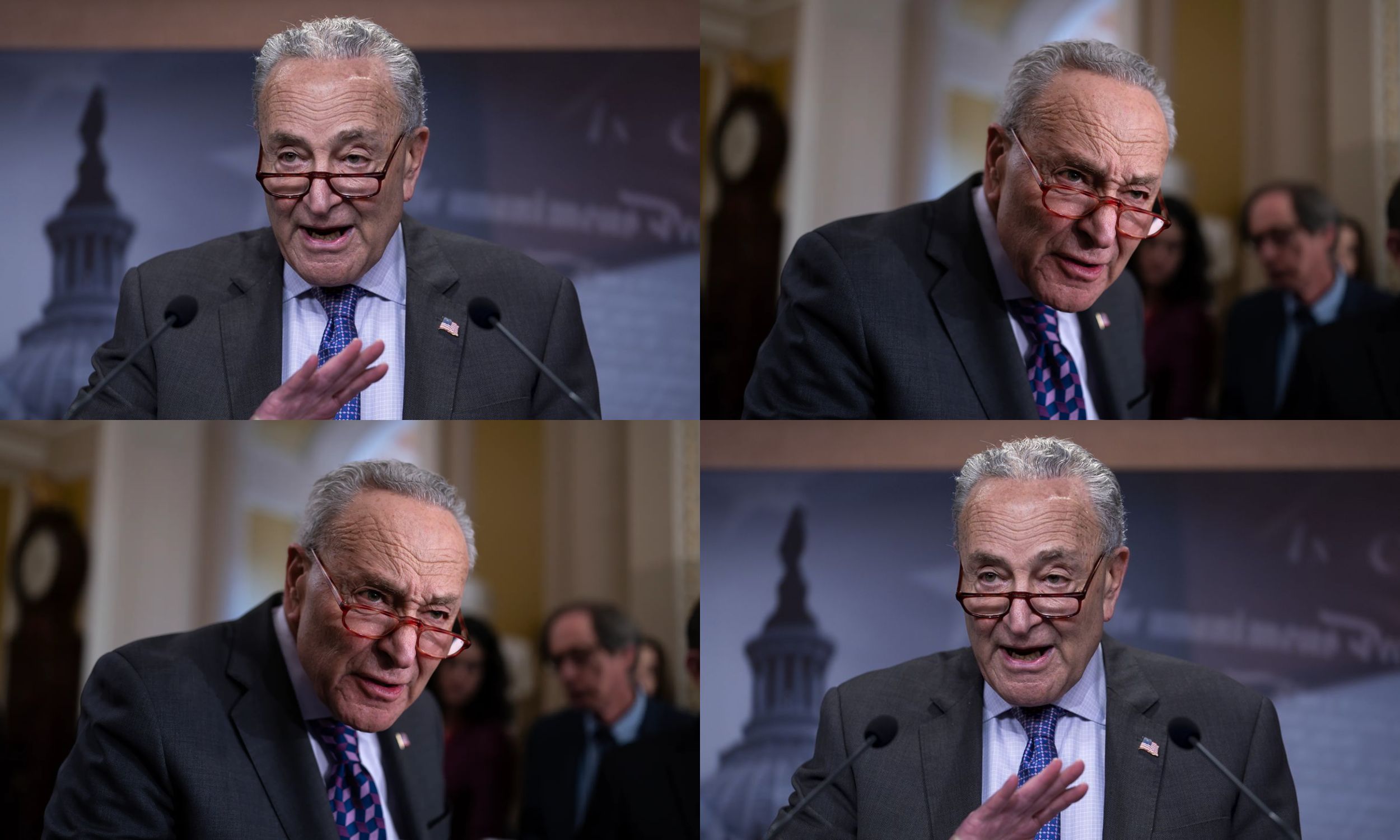Efforts to introduce legislation that could increase Social Security benefits for certain Americans are gaining traction, with Senate leaders preparing for a vote in the coming week.
This week, Senate Majority Leader Chuck Schumer (D-N.Y.) surprised many senators by initiating the process to consider the Social Security Fairness Act, signaling his intent to prioritize the bill before the end of the year.
Schumer framed the legislation as an opportunity for lawmakers to address longstanding concerns about benefit reductions affecting public service workers, including teachers, nurses, postal employees, law enforcement, and firefighters.

The proposed bill seeks to eliminate two tax provisions, the Windfall Elimination Provision and the Government Pension Offset, which have been criticized for reducing benefits for millions of retirees in public service roles.
These tax rules aim to prevent recipients from drawing both pensions and disproportionately large Social Security benefits, according to policy experts. The bill recently passed in the House with strong bipartisan support, and proponents hope the Senate will follow suit.
However, some Republican lawmakers have expressed reservations about the legislation’s potential impact on Social Security’s solvency. Senator Chuck Grassley (R-Iowa) warned that the measure could accelerate the program’s financial challenges by advancing its insolvency date by several months. Grassley emphasized the need for careful consideration of these implications, while withholding a definitive position on the bill.
Senator Mitt Romney (R-Utah) echoed concerns about the cost, criticizing the potential for further strain on federal spending. The Congressional Budget Office (CBO) estimates the legislation could cost over $190 billion in the next decade and shorten the Social Security trust fund’s lifespan by six months.
Outgoing Representative Garret Graves (R-La.), who spearheaded the bill in the House, countered these critiques by highlighting the long-term losses public servants have endured due to the current system. He argued that the bill addresses decades of unfair treatment, ensuring retirees receive the benefits they rightfully earned.
Optimism remains high among the bill’s backers, with over 60 Senate co-sponsors supporting its passage. Senate Finance Chair Ron Wyden (D-Ore.) expressed confidence in the momentum behind the legislation, citing the strong bipartisan vote in the House.
Labor unions have also rallied behind the proposal, celebrating its progress as a step toward correcting historic injustices. American Postal Workers Union President Mark Dimondstein commended union members for their advocacy in advancing the bill.
Despite widespread support, fiscal watchdogs have raised alarms. Maya MacGuineas, president of the Committee for a Responsible Federal Budget, criticized the potential consequences of hastening Social Security’s insolvency, cautioning that such a move could further reduce lifetime benefits for recipients. She urged lawmakers to focus on safeguarding the program’s future rather than exacerbating its financial vulnerabilities.


